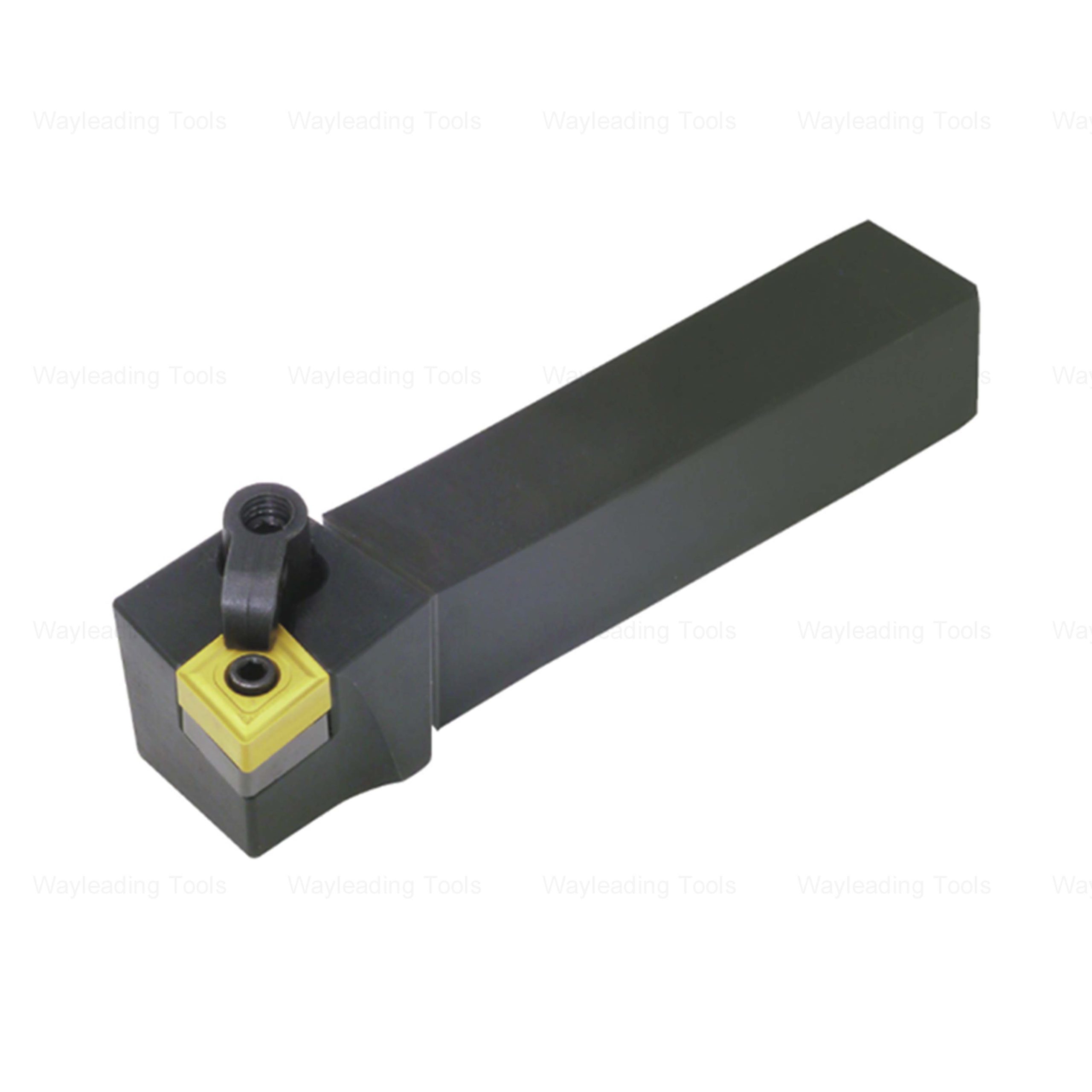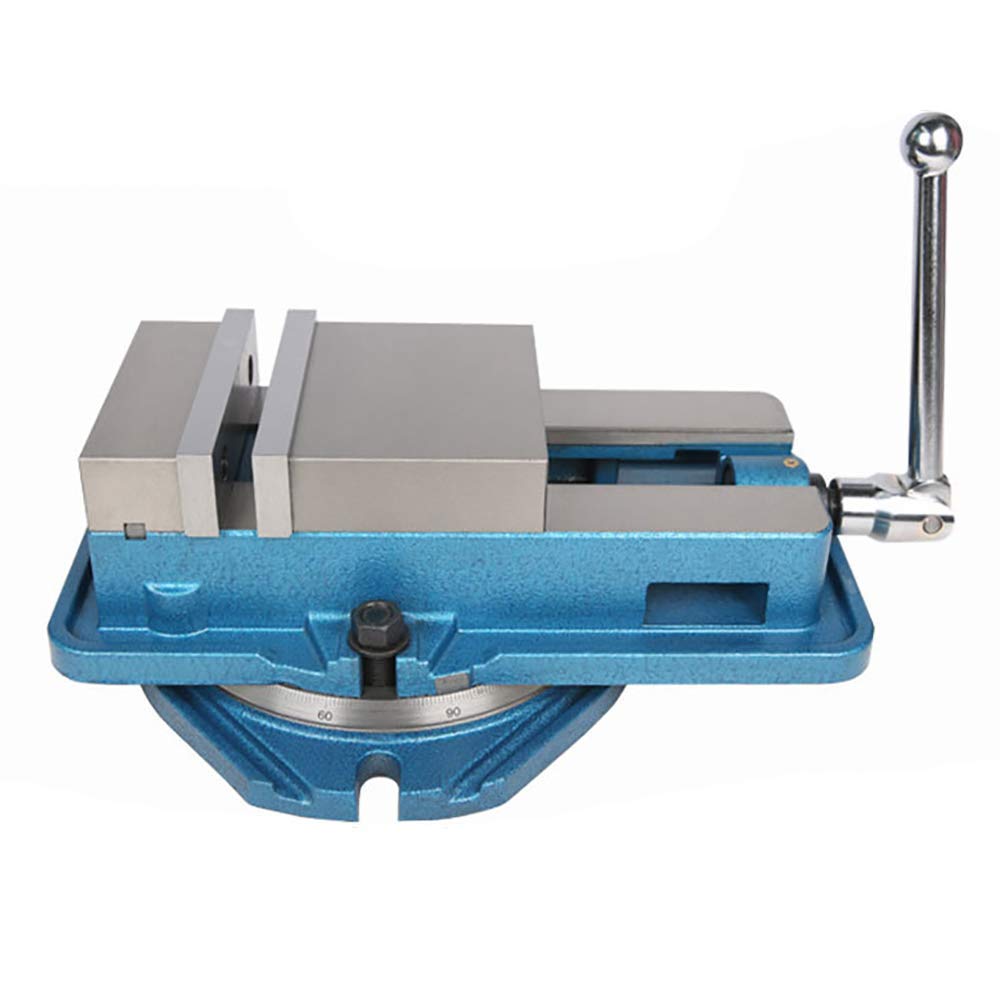Angle Milling Cutter Factories
Discover the leading angle milling cutter factories, essential for precision machining across various industries. This guide explores the different types of cutters, their applications, and key factors to consider when choosing a supplier, helping you make informed decisions for your projects.
Understanding Angle Milling Cutters
Angle milling cutters are specialized cutting tools designed to create angled surfaces, bevels, chamfers, and V-grooves on workpieces. Unlike standard end mills that cut perpendicular to their axis, angle milling cutters feature cutting edges angled relative to the cutter's axis. This design allows for efficient and precise machining of angled features in a single pass.
Types of Angle Milling Cutters
Several types of angle milling cutters cater to specific applications:
- Single Angle Milling Cutters: These cutters have cutting edges on only one side and are used for creating chamfers and bevels. They are available in various angles, commonly 30°, 45°, 60°, and 75°.
- Double Angle Milling Cutters: Featuring cutting edges on both sides, these cutters are primarily used for creating V-grooves and other symmetrical angled features.
- Dovetail Cutters: A specialized type of angle milling cutter designed to create dovetail slots, commonly used for joining two pieces of material.
- Corner Rounding Cutters: While not strictly an 'angle' cutter, they are often used alongside angle milling cutters for creating rounded edges or corners, enhancing the aesthetic appeal and safety of the workpiece.
Applications of Angle Milling Cutters
Angle milling cutters find widespread use in diverse industries:
- Metalworking: Creating bevels on gears, chamfering edges of metal parts, and machining dovetail slots.
- Woodworking: Creating decorative edges, chamfering edges of furniture components, and machining joinery details.
- Plastics: Machining angled features on plastic parts, creating bevels for joining, and forming V-grooves for various applications.
- Aerospace: High-precision chamfering and beveling of aerospace components, often requiring tight tolerances.
- Automotive: Creating bevels and chamfers on engine parts, transmission components, and other automotive parts.
Key Factors When Choosing Angle Milling Cutter Factories
Selecting the right angle milling cutter factory is crucial for ensuring the quality and performance of your cutting tools. Consider the following factors:
Material Quality
The material used to manufacture the cutter significantly impacts its durability, wear resistance, and cutting performance. Common materials include:
- High-Speed Steel (HSS): A versatile and cost-effective material suitable for general-purpose machining.
- Cobalt HSS (HSCO): Offers improved heat resistance and wear resistance compared to HSS, making it suitable for machining tougher materials.
- Carbide: Provides excellent hardness and wear resistance, ideal for high-speed machining and machining abrasive materials.
Coating
Coatings enhance the performance and lifespan of angle milling cutters. Common coatings include:
- Titanium Nitride (TiN): Increases surface hardness and reduces friction.
- Titanium Carbonitride (TiCN): Offers higher hardness and wear resistance than TiN.
- Aluminum Titanium Nitride (AlTiN): Provides excellent heat resistance and is suitable for high-speed machining of hardened materials.
Precision and Tolerances
Ensure the angle milling cutter factory adheres to strict quality control measures to guarantee precise angles and tight tolerances. Inaccurate angles can lead to poor surface finishes and dimensional inaccuracies.
Customization Options
If you require specific angles, dimensions, or flute configurations, choose a factory that offers customization options. Wayleading Tools, for example, can provide custom designed cutters to meet specific requirements.
Reputation and Experience
Opt for a angle milling cutter factory with a proven track record of producing high-quality cutting tools. Look for certifications, customer testimonials, and industry recognition. Experience in the industry is also a key indicator of reliability and expertise. Wayleading Tools, with years of experience, provides reliable and high-quality cutting tools.
Pricing and Lead Times
Obtain quotes from multiple factories and compare pricing and lead times. Consider the total cost of ownership, including shipping, handling, and potential tooling replacements. Balance cost-effectiveness with quality and reliability.
Finding Reputable Angle Milling Cutter Factories
Identifying reliable angle milling cutter factories requires careful research. Here are some strategies:
Online Directories and Marketplaces
Explore online directories such as ThomasNet, IndustryNet, and Alibaba to find potential suppliers. Filter your search based on location, certifications, and product offerings. Check company profiles, read reviews, and request quotes.
Trade Shows and Exhibitions
Attend trade shows and exhibitions focused on manufacturing, metalworking, and tooling. These events provide opportunities to meet face-to-face with suppliers, examine their products, and discuss your specific requirements. Examples include IMTS (International Manufacturing Technology Show) and EMO Hannover.
Industry Associations and Publications
Consult industry associations such as the SME (Society of Manufacturing Engineers) and publications like Modern Machine Shop for recommendations and insights. These resources often feature articles and supplier directories that can help you identify reputable angle milling cutter factories.
Referrals and Recommendations
Seek referrals and recommendations from other manufacturers, engineers, and industry professionals. Their firsthand experiences can provide valuable insights into the quality and reliability of different suppliers.
Examples of Angle Milling Cutter Manufacturers
Below is a table showcasing potential manufacturers, along with example products and typical specs.
| Manufacturer | Example Product | Typical Specs |
|---|---|---|
| Wayleading Tools ( www.wayleading.com ) | Custom 45° Single Angle Milling Cutter | HSS, TiN Coated, 1' Cutting Diameter, 1/2' Shank |
| Guhring | Carbide Dovetail Cutter | Carbide, AlCrN Coated, 60° Dovetail Angle, 0.75' Cutting Diameter |
| Kennametal | 45° Chamfer Mill | Carbide, TiAlN Coated, 0.5' Cutting Diameter, Multi-Flute |
Note: Specs are examples, always check manufacturer details.
Conclusion
Selecting the ideal angle milling cutter factories is vital for precision machining. By understanding the different types of cutters, their applications, and the key factors to consider, you can make informed decisions that optimize your machining processes and ensure high-quality results. Remember to prioritize material quality, precision, customization options, reputation, and pricing when evaluating potential suppliers.
Related products
Related products
Best selling products
Best selling products-
 Adjustable Tap And Reamer Wrench For Thread Cutting Tools
Adjustable Tap And Reamer Wrench For Thread Cutting Tools -
 Precision Dial Caliper Of Double Shock-Proof For Industrial
Precision Dial Caliper Of Double Shock-Proof For Industrial -
 Precision 10pcs & 12pcs Angle Blocks Set With High Quality Type
Precision 10pcs & 12pcs Angle Blocks Set With High Quality Type -
 Type B Cylinder Tungsten Carbide Rotary Burr
Type B Cylinder Tungsten Carbide Rotary Burr -
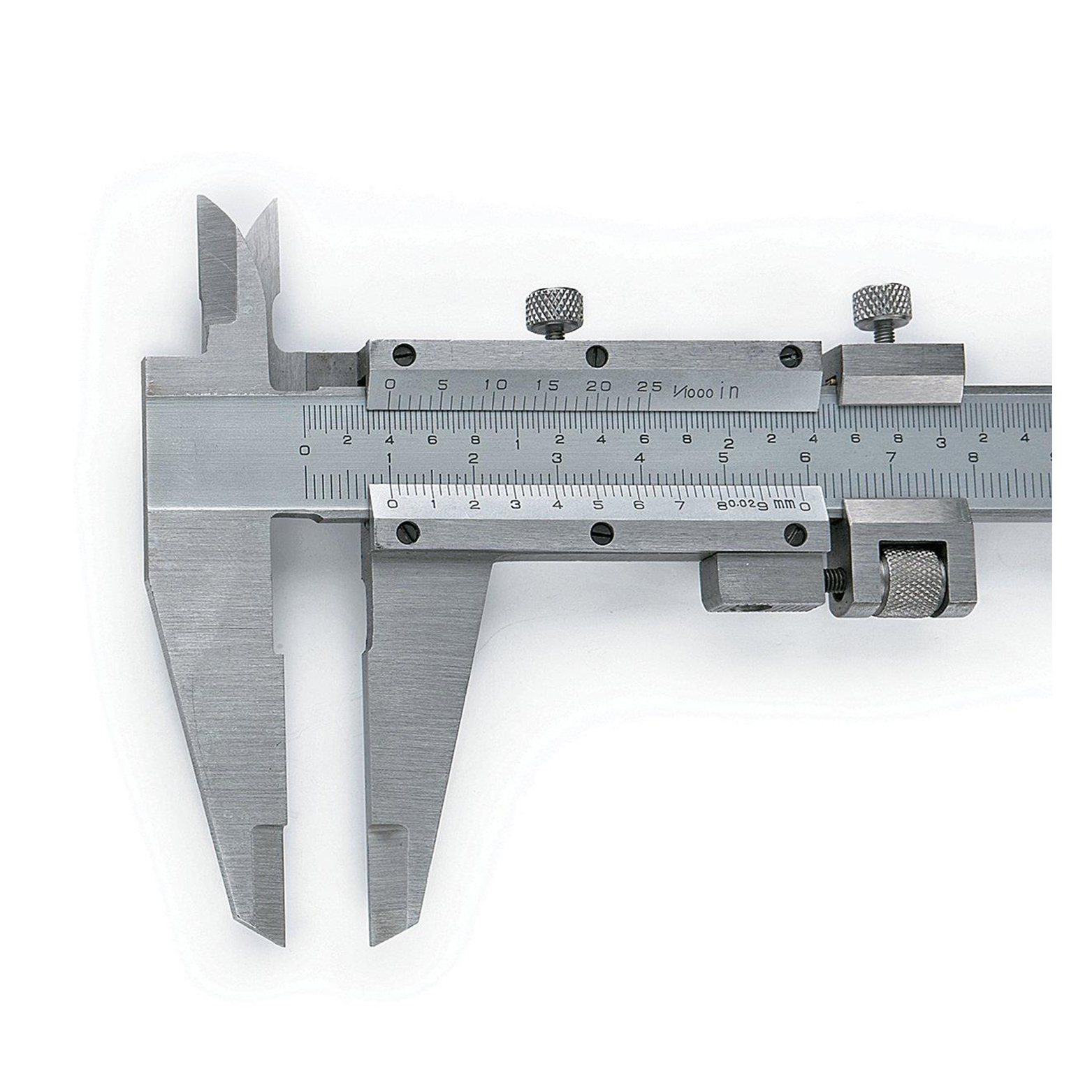 Precision Fine-Adjustment Vernier Caliper Of Metric & Imperial For Industrial
Precision Fine-Adjustment Vernier Caliper Of Metric & Imperial For Industrial -
 CCMT Turning Insert For Indexable Turning Tool Holder
CCMT Turning Insert For Indexable Turning Tool Holder -
 HSS Inch Screw Slotting Saws For Industrial With Bright Or TiN Coated
HSS Inch Screw Slotting Saws For Industrial With Bright Or TiN Coated -
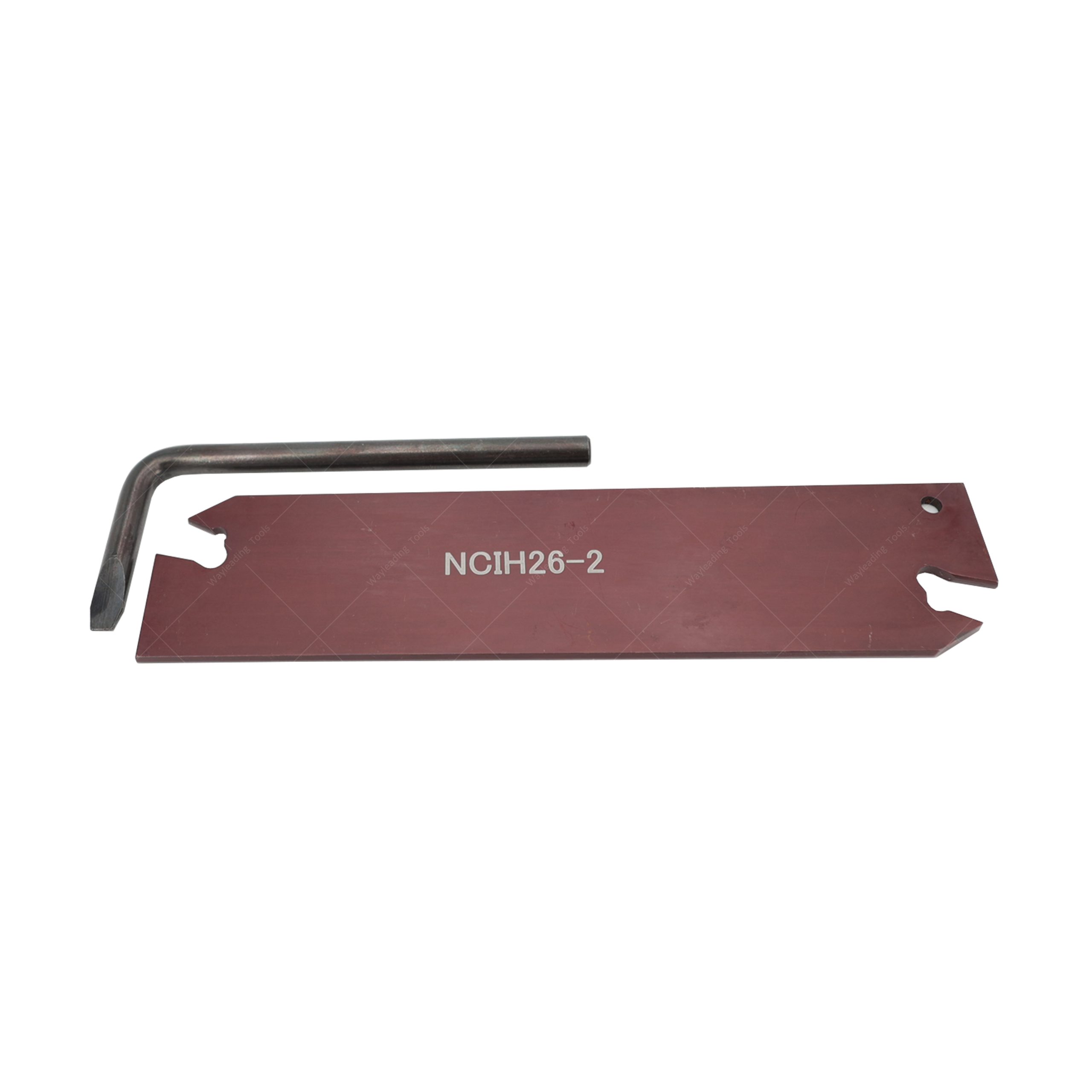 Parting & Grooving Tool Blades For GTN Blades
Parting & Grooving Tool Blades For GTN Blades -
 DIN4971-ISO1 Carbide Tipped Tool Bit With Right And Left Hand
DIN4971-ISO1 Carbide Tipped Tool Bit With Right And Left Hand -
 HSS Inch Convex Milling Cutter For Industrial
HSS Inch Convex Milling Cutter For Industrial -
 MT-APU Drill Chuck Holder With Keyless Type
MT-APU Drill Chuck Holder With Keyless Type -
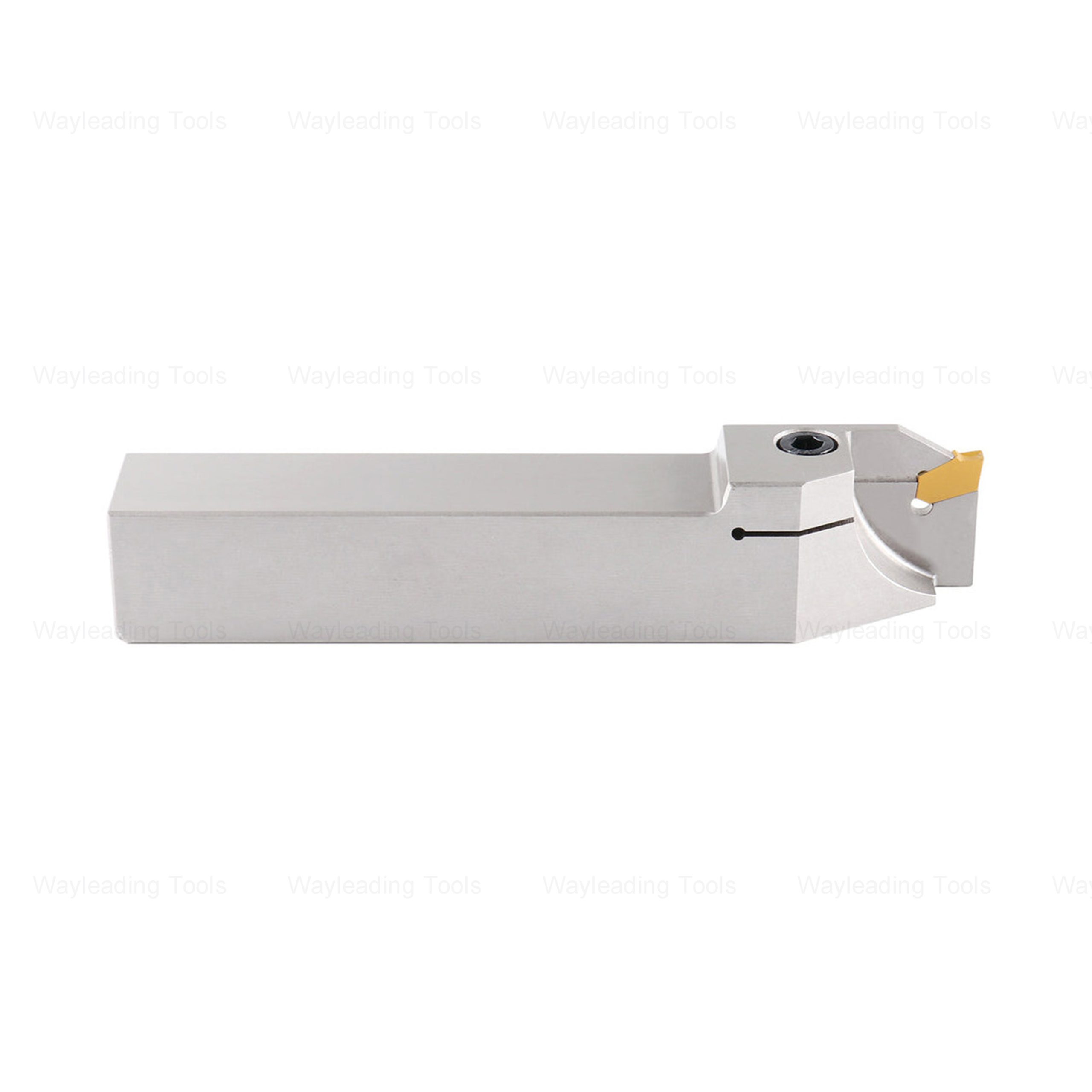 QA Grooving & Cut-Off Tool Holder
QA Grooving & Cut-Off Tool Holder




